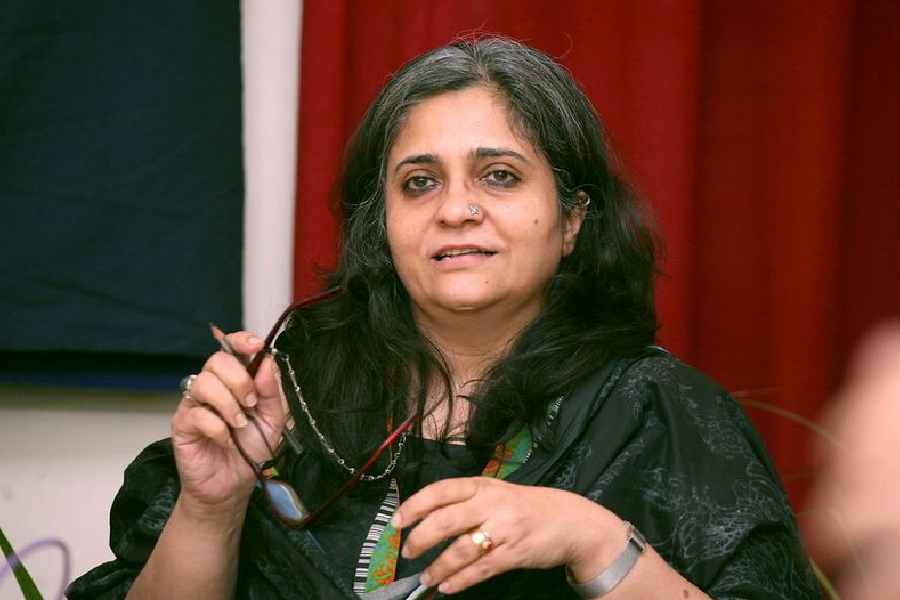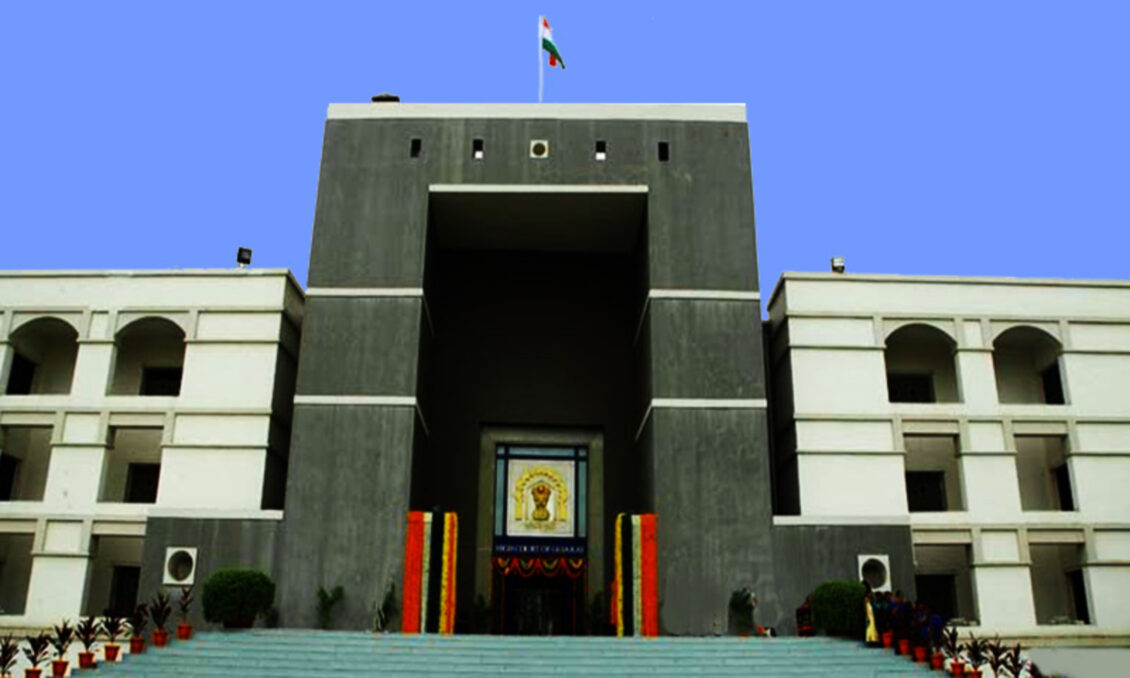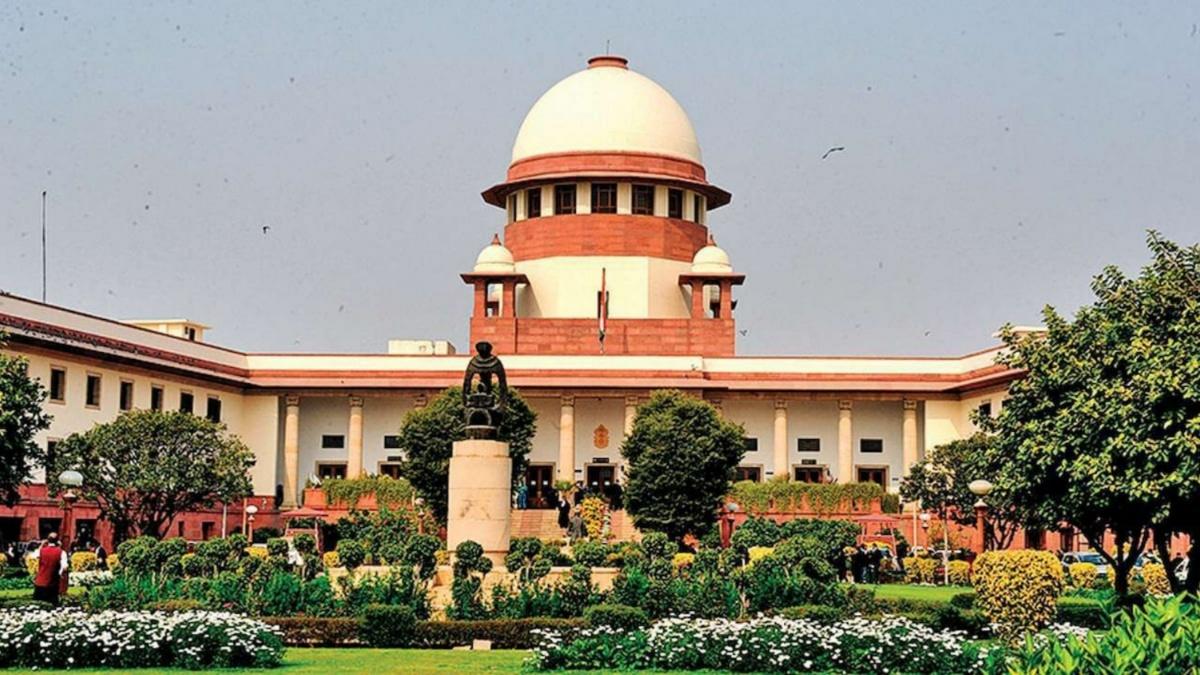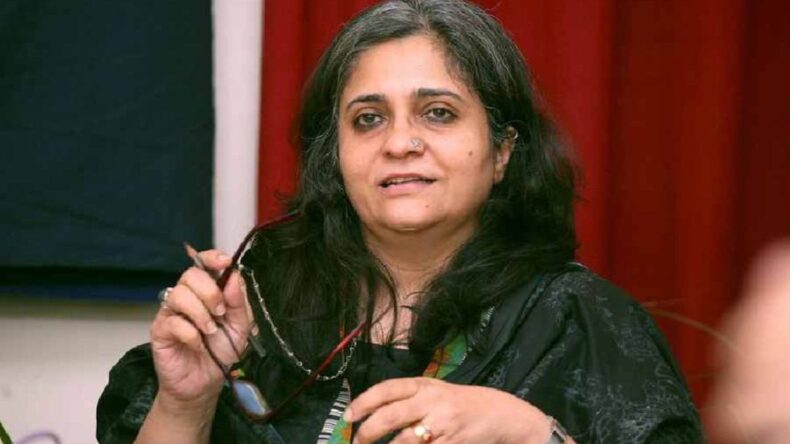
Human rights advocate Teesta Setalvad has received monthly bail from the Supreme Court of India in the Gujarat police case involving allegations of fabricating evidence in the 2002 riots charges. The Gujarat High Court’s decision to deny her monthly bail was overturned by the court, which cited the views of the High Court as being “perverse” and “contradictory.” Discussions and arguments on the alleged abuse of authority, the right to bail, and the effects on national civil rights advocacy have been prompted by this ruling by the top court.
Background of the Case
In connection with the Gujarat riots conspiracy case, Teesta Setalvad, a civil rights activist and secretary of the NGO “Citizens for Justice and Peace,” was charged with forging evidence and starting fake proceedings. The accusations were made following the Supreme Court’s denial of Zakia Ehsan Jafri’s plea, which contended that there was a bigger conspiracy behind the riots in Gujarat in 2002. An FIR was filed against Setalvad and others in response to the supreme court’s remarks that those who misuse the legal system should face consequences.
In June 2022, the Gujarat Police’s Anti-Terrorism Squad detained Setalvad, and a lower court denied her request for release. However, she was given temporary release by the Supreme Court in September 2022, and the case has remained in court ever since. On July 1, 2024, the Gujarat High Court denied Setalvad’s request for regular release, causing her to reapply for relief to the Supreme Court.

The Contradictory Approach of the High Court
The Supreme Court panel that granted bail to Setalvad criticised the Gujarat High Court’s findings for taking an inconsistent stance. Although the High Court’s judgement reviewed the testimony of witnesses and seemed to imply that a prima facie case existed, it also stated that it was unnecessary to determine whether a case was made out for release. The top court described these conclusions as “totally perverse” and emphasised the significance of taking into account relevant circumstances, such the seriousness of the offence, before granting bail.
Kapil Sibal’s Arguments in Favor of Teesta Setalvad
Setalvad’s attorney, senior advocate Kapil Sibal, argued in front of the Supreme Court, pointing out that no evidence had been uncovered against her in earlier rulings and investigations. He questioned the timing of the FIR and the arrest, which took place right away after Zakia Ehsan Jafri’s plea was denied. Sibal further emphasised that the Gujarat High Court’s justification for saying that Setalvad had to have refuted the chargesheet in Section 482 proceedings was erroneous and contradicted long-standing legal precedent.
Sibal further emphasised that the witnesses cited by the police were not reliable and that the accusations against Setalvad were based on fake affidavits. He disputed the High Court’s findings on polarisation between communities and said that Setalvad had never opposed justice and peace.

Supreme Court’s Decision and Observations
Teesta Setalvad was granted bail by the Supreme Court panel made up of Justices BR Gavai, AS Bopanna, and Dipankar Datta. The panel noted that because the chargesheet had already been submitted, incarceration-related questioning was unnecessary. The Court criticised the High Court’s inconsistent reasoning and emphasised the significance of taking all pertinent circumstances into account before granting bail. Without giving Setalvad a chance to comment, the bench questioned the timing of the arrest and the veracity of the accusations brought against her.
Conclusion
Teesta Setalvad is relieved that the Supreme Court has decided to release her on bail, clearing the route for her release from detention. Important issues about the abuse of power and the right to bail in India have been brought up by the case. Discussions on the implications for civil rights movement and the necessity of fair and just judicial processes have also been aroused by this. The nation will closely monitor the events as the case progresses and their effects on the country’s civil rights activism and larger legal environment.













